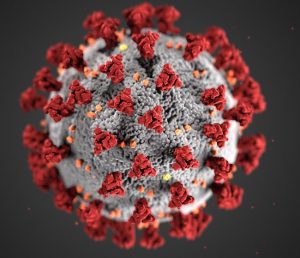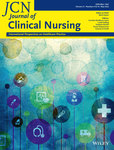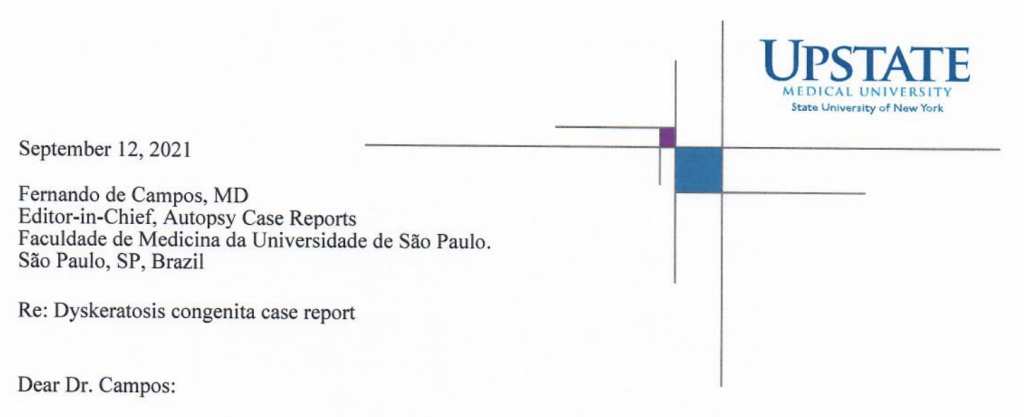A year after retracting a Nature paper claiming to find evidence for the elusive Majorana particle that many hope would have paved the way for a quantum computer, a group of researchers have retracted a second paper on the subject from the same journal.
In the August 2017 paper “Epitaxy of advanced nanowire quantum devices,” Erik Bakkers of QuTech and Kavli Institute of NanoScience, Delft University of Technology, in The Netherlands, and colleagues claim that the work is a “substantial materials advancement that paves the road for the first Majorana braiding experiments.” The paper has been cited 189 times, earning it a “highly cited paper” designation from Clarivate Analytics’ Web of Science.
But the Majorana story has been unraveling after other physicists began raising questions. In March 2021, the group retracted a Nature paper. That was followed by an expression of concern for related work in Science in July, and another expression of concern in Science in December.
Continue reading Authors retract second Majorana paper from Nature







